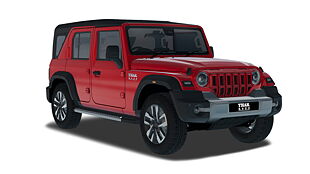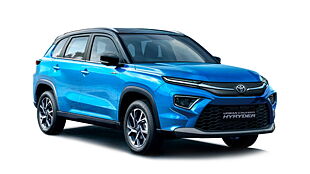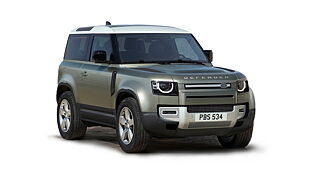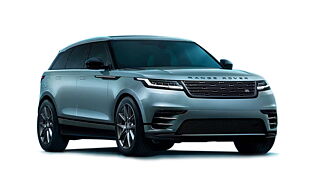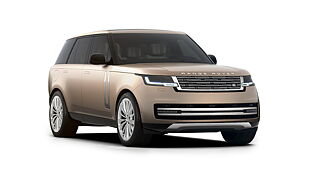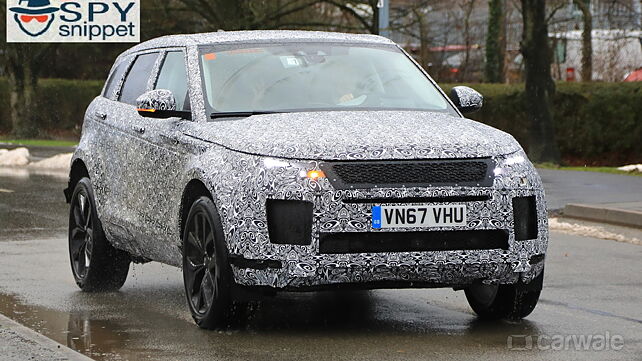
Land Rover is now a year away from revealing its second-generation Range Rover Evoque, which has now been spotted testing on British roads well ahead of its launch. The brand will tinker little with the current car’s formula and will maintain the distinctive coupe-style profile that helped define a segment.
Sales of the Evoque have never dropped below 1 lakh units annually, even after six years into production. Jaguar Land Rover is targeting at an electrified version of each of its new models launched after 2020, but the Evoque will arrive before that and consequently there will be no electrified version from launch.
However, it’s understood that the Evoque is under consideration to be the first JLR model to get a new mild-hybrid drivetrain currently in development. This combines a new three-cylinder 1.5-litre Ingenium engine with a small electric motor, backed up by a 48V electrical architecture to power ancillaries including air-con and the water pump. Equipping the Evoque with this drivetrain will require extensive changes to the car’s underpinnings, and as such it will not be ready for launch until the early part of the next decade at the earliest.

Prototype versions of the new Evoque are a regular sight around the company’s Gaydon engineering base, and it is likely that Land Rover is preparing to debut the car in October next year at the Paris Motor Show, ahead of a market launch in early 2019.
The next-generation Evoque, codenamed L551, will be built on an overhauled version of the current car’s D8 architecture, which is Jaguar Land Rover’s only natively front-wheel-drive architecture for transverse-engined models.
Refinements to the D8 underpinnings will focus on improving the ride comfort of the Evoque, and the comfort levels for passengers. The firm has always resisted creating a pure performance version of the Evoque – the model is considered every bit the ‘mini Range Rover’ in terms of luxury and refinement, both areas Land Rover will be looking to improve further with the second-generation car. There will be no significant increase in size. Land Rover’s suite of new four-cylinder, turbocharged Ingenium petrol and diesel engines will carry over to the new Evoque.
The current Evoque, codenamed L538, has become firmly established since its launch, and design boss Gerry McGovern believes there is no need for the concept to be reinvented, saying it should not “lose key ingredients” and would be designed with the intention of making it “more relevant”.


![Land Rover Range Rover Evoque [2016-2020] Image Land Rover Range Rover Evoque [2016-2020] Image](https://imgd.aeplcdn.com/272x153/cw/ec/26575/Land-Rover-Range-Rover-Evoque-Exterior-126890.jpg?wm=0&q=80)
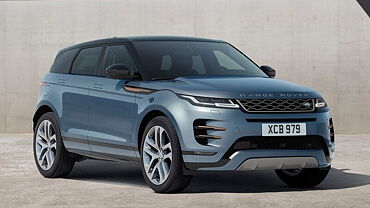
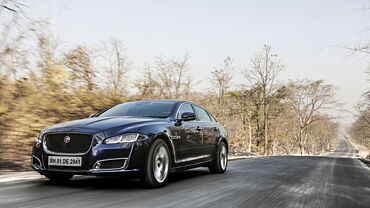



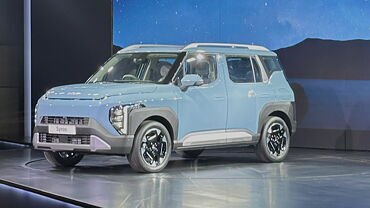


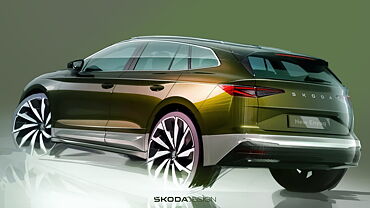


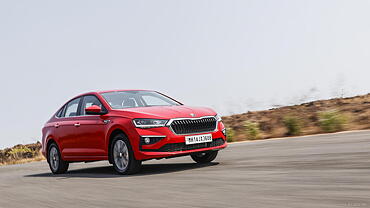
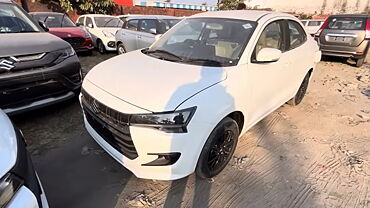


![Land Rover Range Rover Evoque [2016-2020] Exterior Land Rover Range Rover Evoque [2016-2020] Exterior](https://imgd.aeplcdn.com/199x112/cw/ec/26575/Land-Rover-Range-Rover-Evoque-Exterior-126890.jpg?wm=0&q=80)
![Land Rover Range Rover Evoque [2016-2020] Right Front Three Quarter Land Rover Range Rover Evoque [2016-2020] Right Front Three Quarter](https://imgd.aeplcdn.com/199x112/cw/ec/26575/Land-Rover-Range-Rover-Evoque-Right-Front-Three-Quarter-87736.jpg?v=201711021421&q=80)
![Land Rover Range Rover Evoque [2016-2020] Right Front Three Quarter Land Rover Range Rover Evoque [2016-2020] Right Front Three Quarter](https://imgd.aeplcdn.com/199x112/cw/ec/26575/Land-Rover-Range-Rover-Evoque-Right-Front-Three-Quarter-87744.jpg?v=201711021421&q=80)
![Land Rover Range Rover Evoque [2016-2020] Interior Land Rover Range Rover Evoque [2016-2020] Interior](https://imgd.aeplcdn.com/199x112/cw/ec/26575/Land-Rover-Range-Rover-Evoque-Interior-87747.jpg?v=201711021421&q=80)
![Land Rover Range Rover Evoque [2016-2020] Interior Land Rover Range Rover Evoque [2016-2020] Interior](https://imgd.aeplcdn.com/468x263/cw/ec/26575/Land-Rover-Range-Rover-Evoque-Interior-87746.jpg?v=201711021421&q=80)





